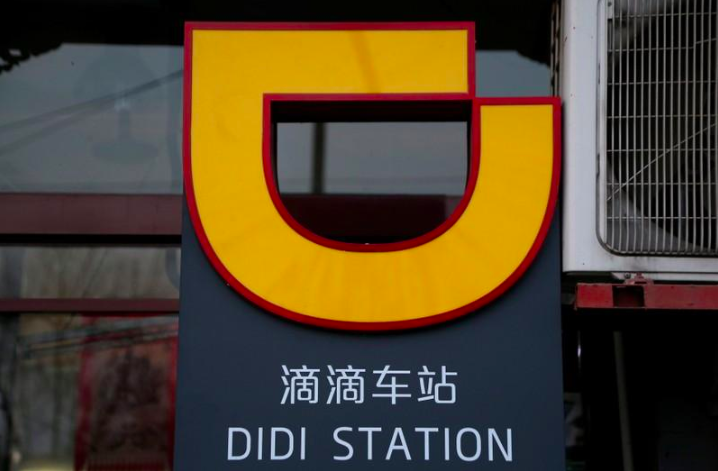Phase one is dead. The interim trade deal is seen as a ceasefire to Trump's trade war with China no longer makes sense after president Donald Trump Tuesday threatened to levy new and harsher tariffs on Chinese goods.
Trump threatened to impose even higher tariffs on Chinese goods if China doesn't immediately make a deal on trade, a threat some analysts are blasting as pure blackmail. The interim phase one deal that was to have paved the way for a step-by-step solution to the trade crisis is likely dead as China isn't expected to kowtow to this humiliating demand.
"If we don't make a deal with China, I'll just raise the tariffs even higher," said Trump during a meeting with the Cabinet Tuesday.
His downbeat declaration also belies optimistic comments by members of his trade team progress in closing the phase one deal announced in October is being made. Larry Kudlow, Director of the National Economic Council, on Friday claimed the U.S. and China were "getting close" to reaching a trade deal.
Wall Street rallied on around those comments with the Dow Industrial Average breaching 28,000 points for the first time Friday. The S&P 500 and NASDAQ also broke records. The S&P, Dow and NASDAQ are now all up by more than 20 percent for the year.
The S&P saw its sixth straight weekly gain while the Dow extended its winning streak by four weeks. Also adding fuel to the extended rally was good corporate earnings, three interest rate cuts by the U.S. Federal Reserve and cheery data confirming solid growth for the economy.
The full effect on Wall Street of Trump's demand China make a deal or else suffer the consequences will be felt Wednesday.
Trump's more bellicose posturing is his reply to repeated Chinese demands he rolls back his tariffs to resolve phase one. China's Ministry of Commerce earlier this month said both countries had agreed to cancel some existing tariffs simultaneously. Trump later said he made no such promise.
"They'd like to have a rollback. I haven't agreed to anything," said Trump at the White House. "China would like to get somewhat of a rollback, not a complete rollback because they know I won't do it."
The commerce ministry on Saturday said trade officials from both countries had held "constructive discussions" to advance phase one and agreed to remain in close contact. This assessment followed a meeting with Chinese vice-premier Liu He who spoke with Treasury Secretary Steven Mnuchin and U.S. Trade Representative Robert Lighthizer.
On Nov. 9, the commerce ministry revealed Beijing agreed with Washington to lift existing trade tariffs between the two countries in phases. Both countries are now also closer to a limited phase one trade deal after constructive negotiations over the past two weeks, said Gao Feng, a spokesperson for the ministry.
China is also insisting on one important condition for a limited trade agreement. Feng said this demand is the U.S. and China must remove the same amount of tariffs at the same time.
The U.S. has imposed $500 billion in tariffs on Chinese goods. China has retaliated with tariffs on $110 billion worth of American merchandise.





